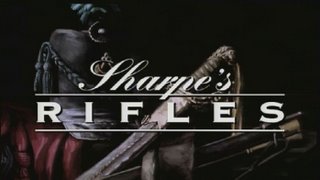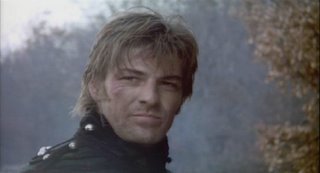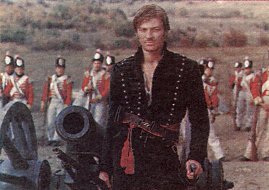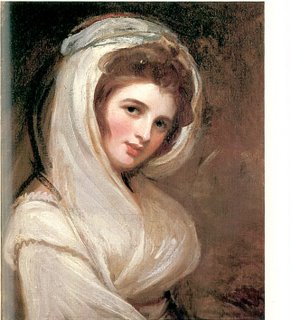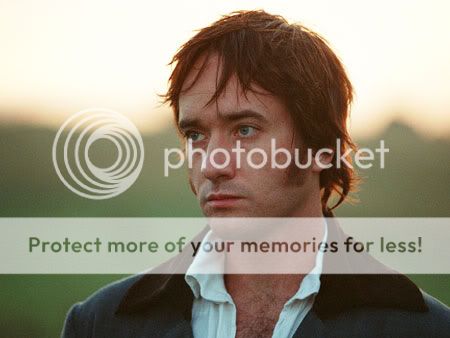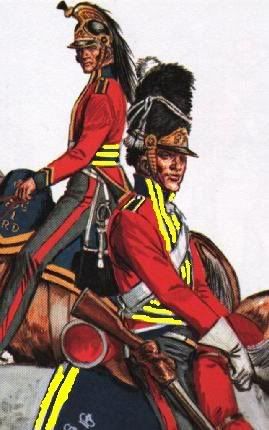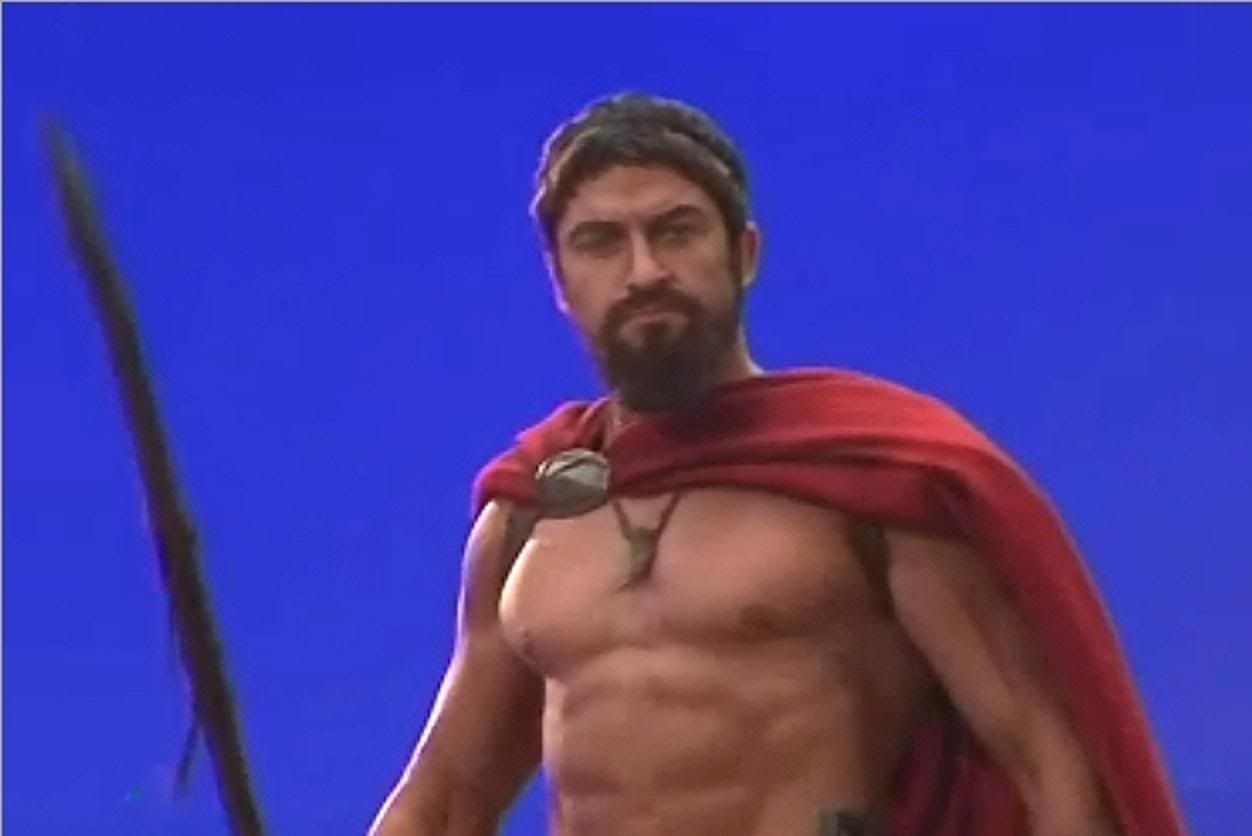
A couple of weeks ago, I posted about my Father’s Day gift dilemma. I solved that impossible-to-buy-for problem by going to Best Buy and getting the DVDs of the first four seasons of Northern Exposure. Now, I confess this was a gift for me as much as for my dad. I adore this show, and have been having enormous fun re-watching favorite episodes. I’ve always thought that if Cicely, Alaska was a real place I would SO move there. A little town off in its own isolated world, far from the traffic snarls and Super Wal Marts. Where the rugged-individualist inhabitants you might suspect to be rednecks are actually quirky intellectuals, prone to waxing philosophical about poetry, astronomy, string theory. Where there are all kinds of funky festivals and a wide variety of kooks, including Ed, who kind of reminds me of my high school boyfriend, though HE was a jazz musician and not an amateur film director/shaman. There was still the leather jacket and that weird, vague affability. I would like to run a funky little bookstore, eat breakfast at the Brick, talk over Kant and Nietzche with Chris In The Morning. Sure, I really hate the cold, but it never seems to really get chilly there, except to Joel in his absurdly large parka…
My point, sort of, is this–eccentrics. I talked about them a bit on my own blog yesterday. People who are unusual, erratic, unpredictable, who march to the beat of their own drummer and all that. We sometimes encounter them in Regency romances. You know–the Old Broad, who wears giant purple turbans and says crazy things in the middle of Almacks. The bluestocking heroine who doesn’t want to marry because it would interfere with being an historian/a sculptor/raising Shar-Pei puppies. Or the heroine’s father who neglects his family to perform experiments with ball lightening in the garden, leaving the heroine to take care of all her brothers and sisters by herself. I love those characters.
I decided to do this post on Famous Eccentrics of the Regency. But then I realized that it might be easier to do a list of the Few Non-Eccentrics! There are just too many colorful characters in this period. I’m sure there must have been something in that watery Almacks lemonade we’re always reading about. Just a few:
–Prinny, of course. And wife number two, Princess Caroline. And almost all his friends. And several of his brothers. And most of his sisters. Oh, and his mistresses, too.
–Architect Sir John Soane. Anyone who has been to his museum can see right away this was a class-A hoarder. At least he hoarded some good stuff, like Hogarths and Roman bronzes from Pompeii. Unlike my own crazy aunt, who just hoardes cats, plastic grocery sacks, and old bottles of nail polish, but who inexplicably gave away most of her great designer clothes from the 1950s and ’60s. Ahhhh, relatives. But that’s another post. 🙂
–Caro Lamb. There was probably no one like her for causing amusing and scandalous public scenes at parties. Stalking and tantrums and bonfires, oh my!
–Oh, and that leads to Byron, of course. And Shelley. Crackpots for the ages.
–Sir John Lade, who was for a time in charge of Prinny’s riding stables. He liked to dress and talk like a groom, and was married to a woman named “Letty,” who started out as a servant in a brothel. Later she became mistress to a highwayman known as “16 String Jack,” until he landed at the gallows. Then the Duke of York. Not much of a judge of women, that one.
–Beau Brummel. The original metrosexual and scourge of improperly starched cravats.
–And one of my favorites, WJC Scott-Bentinck, Duke of Portland. He lived from 1800-79, so just barely fits in “our” period, but for sheer mental loopiness he just can’t be beat. I first read about him Bill Bryson’s hilarious Notes From a Small Island (Bryson, another fun eccentric I’m sure, has several other equally riotous books. If you haven’t read him, get to the bookstore right now and buy A Walk in the Woods or Neither Here Nor There! Go, go!!!). WJC took his ancestral pile, Welbeck Abbey, and built a 15-mile series of tunnels and passageways underneath, mainly so he could avoid all human contact. As Bryson puts it, “When the Duke died, his heirs found all of the aboveground rooms devoid of furnishings except for one chamber in the middle of which sat the Duke’s commode. The main hall was mysteriously floorless. Most of the rooms were painted pink. The one upstairs room in which the Duke resided was packed to the ceiling with hundreds of green boxes, each of which contained a single dark brown wig. This was, in short, a man worth getting to know.” (pg. 167)
And that’s just the tip of the nutty iceberg…
So, I say hurrah for eccentrics! They make our dullish world a little more colorful, interesting, and fun. Who are some of your favorite crazies in books and in life?

